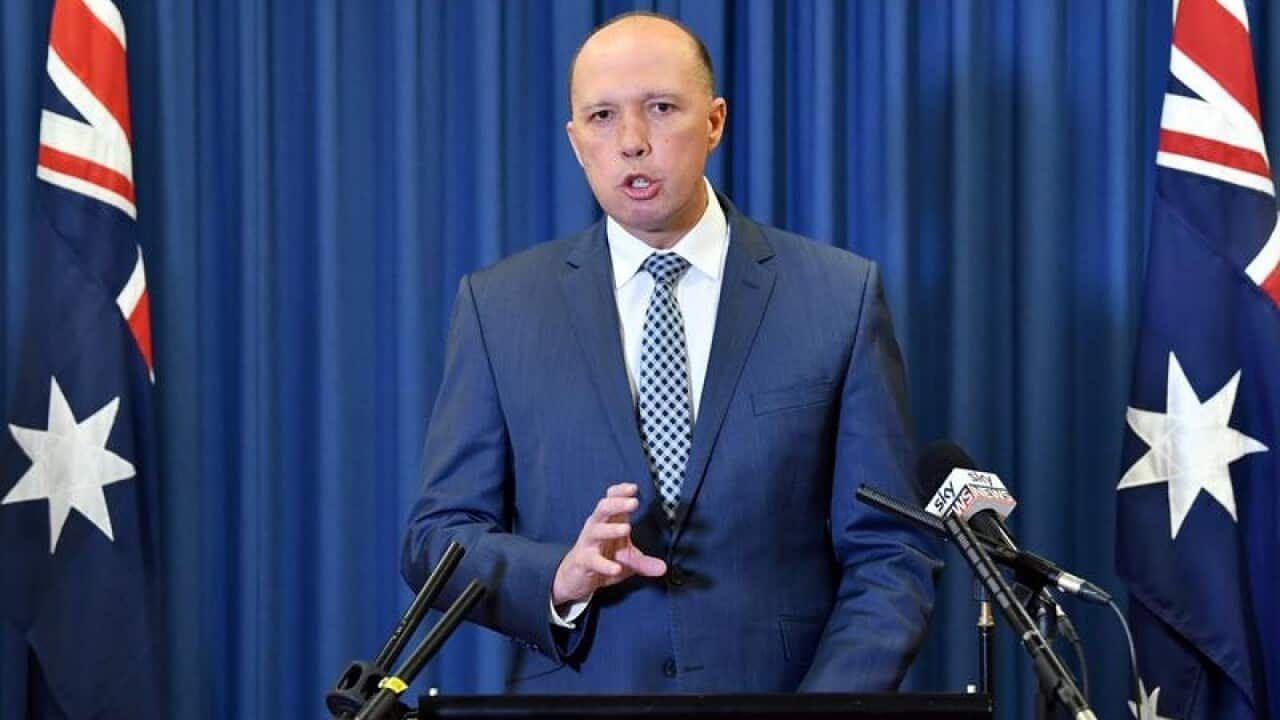Indian and the Chinese communities in Australia are joining forces to oppose the, by launching petitions and planning multiple rallies across Australia.
Last month, the Department of Human Services significantly lifted the income threshold for providing Assurance of Support for permanent visas of parents and relatives seeking to migrate to Australia. The change in law has many migrant families in a difficult situation.
Zengchi Liu, a Chinese migrant who lodged a visa application for his parents nine years ago, says the change is unfair.
“I am under this ever-growing pressure of increasing my income. I don’t know how I am going to do it and it’s getting very stressful,” Mr Liu told SBS Punjabi.
Members of the Chinese community have started a , calling on the federal Parliament to strike down the changes to the Assurance of Support. Now, members of the Indian community, who have long campaigned for a long-stay parental visa, are also throwing their weight behind the petition.
“We are promoting the petitions that the Chinese community has started and will also take this issue to all the politicians and community leaders we approached during our campaign,” said Arvind Duggal who spearheaded the Long Stay Visa for Parents campaign.
Mr Liu is hopeful of that with the Chinese and the Indian communities joining forces, the change will be reversed.
“It’s good that now members of Indian and Chinese communities are joining hands to protest against these unfair changes in AoS. The government needs to see for what it is - grossly unfair".

A portrait of an Indian family at home. Source: Getty Images/Szefei
The fate of migrant families hangs in balance
Indian migrant Shruti Gupta is concerned that if the change is not revoked, her elderly mother-in-law will be left without any family support in India.
“She is living a lonely life in India. My father-in-law passed away and there’s no one to look after her," she told SBS Punjabi.
“We were hopeful of bringing her here but this change in legislation ruined our plans.”
Ms Gupta works in the security industry and her husband drives a taxi. She says the couple’s income won’t meet the new income threshold for AoS.
“This is very unfair and grossly unjust. New migrants, like ourselves, are not only suffering from the financial hardship but also from these frequent changes in the legislation.
“We are extremely stressed due to this situation.”
Many families that have already paid tens of thousands of dollars in visa fees are now finding themselves ineligible to provide the mandatory assurance of support for their parents.
Sukhdev Kaur Kular moved to Australia two years ago to live with her son. Her application for a contributor parental visa had been in the final stages. But, due to the change last month, her son’s income falls way short of the minimum threshold.
“I paid such a big amount of money in visa fees considering my son would be able to provide support for me," she told SBS Punjabi. "Now all of a sudden things change and I find he is not going to be able to give me the assurance of support.
“I could have done so much with this money in India, I could even buy a house,” she says. “I am just hoping they revoke this rule and reset the system as it was earlier.”
Long Stay Visa for Parents
The Federal Government announced a special visa for parents of migrants allowing them a continuous stay in Australia for up to ten years after members of the Indian community had campaigned for it for years. But many in the migrant communities are unhappy with the visa that the government in May last year. The visa with a 3-year stay carries a fee of $5,000 and a 5-year stay costs $10,000 which can be renewed once.
But many in the migrant communities are unhappy with the visa that the government in May last year. The visa with a 3-year stay carries a fee of $5,000 and a 5-year stay costs $10,000 which can be renewed once.

Members of Long Stay Visa For Parents committee. Source: SBS Punjabi
“The visa fee is so high that only rich will be able to afford it. This isn’t what was promised to us,” says Arvind Duggal.
“Now the same thing is happening with the Assurance of Support. Everyone should be able to live with their family and aged parents, not those who are rich.”
While the coalition government promised this visa in the run-up to the 2016 federal election, it is yet to be made available.




